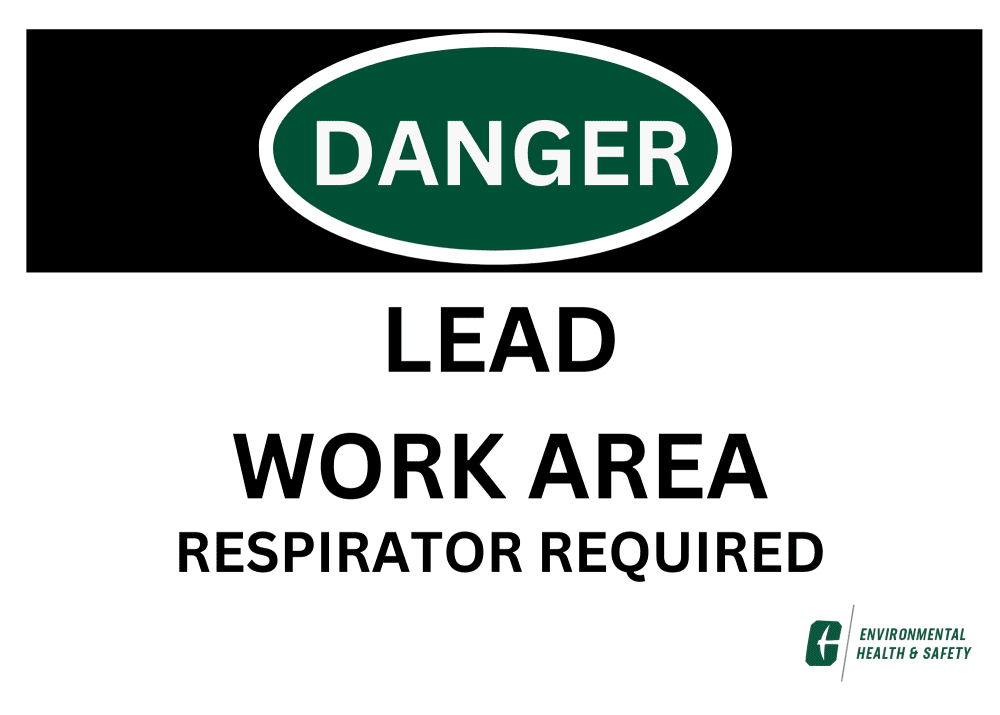Regulated Building Materials

When UNC Charlotte was first founded in September of 1946, many of the construction components used consisted of different types of materials that were unknown to be hazardous to building occupants and workers. Some examples of these items are asbestos, lead, mercury, and polychlorinated biphenyls (PCBs). The items are typically found in material such as thermal system insulation, roofing and siding shingles, vinyl floor tiles, linoleum floor sheeting, plaster, cement, ceiling tiles, pipe wrapping, putties and caulk.
Anytime there is any demolition, renovation, maintenance, or construction of building components that might contain regulated building materials; there are specific federal, state, and local regulations that govern these actions. All abatements or alterations of any regulated building materials will be performed from a licensed outside contractor that is trained to do so.
What you need to know
- If left undisturbed and intact, regulated building materials generally pose no health hazard to building occupants.
- Do not remove, cut, drill, sand, grind or otherwise disturb any material that may contain asbestos.
- Immediately report any observed damage or deterioration of suspected building materials to your supervisor and the EHS office.
- No University employee should ever try to disturb or remove any suspected regulated materials.
- Be aware when working around materials like sand, concrete, stone, and mortar contain crystalline silica. Crystalline silica is also used to make products such as glass, pottery, ceramics, bricks, paint and artificial stone. These building materials can cause crystalline silica dust to be deposited into the air, causing multiple respiratory diseases if inhaled.
- Always adhere to all signage and safety protocols if you encounter any type of regulated building martials.
- If you are ever unsure that your building contains any type of regulated building materials, request a survey before you do any types of alterations or construction activities.
Services
The Environmental Health and Safety Office offers the following services:
- Asbestos Assessments
- General Asbestos Online Awareness Training
- Lead Assessments
- Crystalline Silica Dust Assessments
- Exposure Air Sampling
- Mercury Assessments